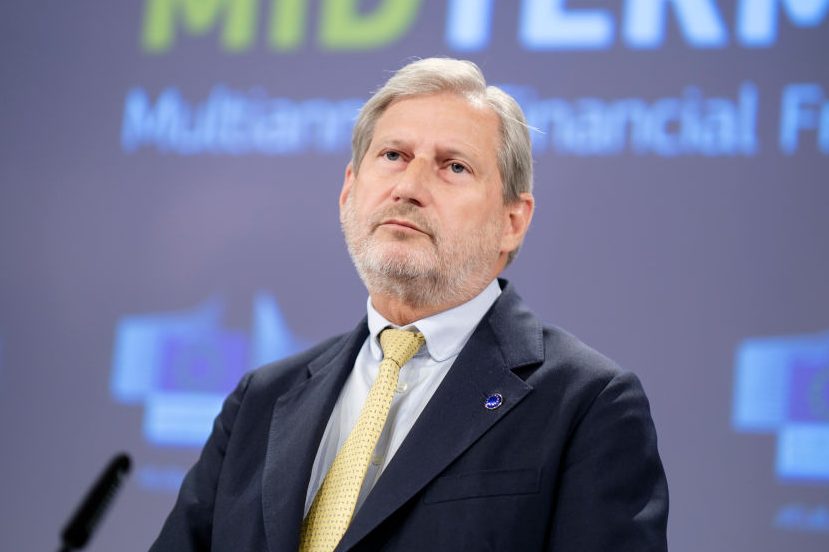MEPs have called for bans on “positive discrimination” within the European Union after the US Supreme Court ruled the practice illegal last month.
Also referred to as “affirmative action”, the process often involves people from minority ethnic, social or religious backgrounds being given university- or work-placements ahead of those deemed not to be systemically discriminated against.
MEPs from the Identity and Democracy Group (ID) and the European Conservatives and Reformists (ECR) and others have now called for the US ban on positive discrimination to be replicated across the EU, putting forward a motion for a resolution describing the practice as running contrary to the bloc’s values.
“A government cannot have a hiring policy based on intersectionality and identity politics,” Tom Vandendriessche, one of the MEPs proposing the motion, told Brussels Signal.
The resolution calls for the European Parliament to welcome the US Supreme Court’s ruling, with the motion describing affirmative action as running contrary to the values espoused by the late American civil rights activist Martin Luther King Jr.
It also calls on EU Member States to “abolish any form of ethno-cultural or race-based affirmative action” taking place in their countries, adding that states should “take legal action against any form of this abhorrent discrimination”.
“We do not see minorities, but look at equal rights between citizens united in a community of people,” Vlaams Belang politician Vandendriessche said.
“Affirmative action based on gender, ethnic origin, sexual orientation or the like is simply discrimination and derogatory towards the people affected by it,” he added.
He said a push to ban the practice is “broadly supported in several Member States”.





